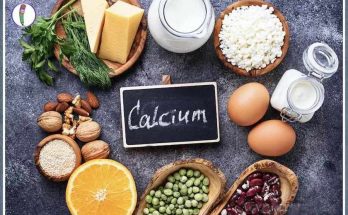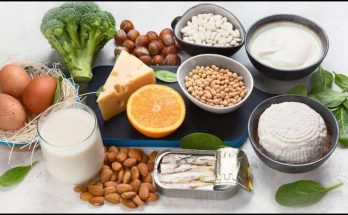With the arrival of the summer months, the fruits and vegetables that we miss during winter start to take their places on the stalls. Fruits, which look quite delicious with their colors, are innocent and healthy foods, but they can also be harmful if consumed too much. At this point, people with chronic diseases such as diabetes should be more careful. Nutrition and Diet Expert Yeşim Özcan, by describing the benefits of summer fruits and how much should be eaten from the recommendations made.
Grapes
Grapes containing minerals such as copper, iron and manganese, which are important in strengthening the bone structure, prevent the initiation of age-related bone resorption such as osteoporosis when consumed regularly. Strengthening the nervous system, protecting brain structures and effective in the treatment of acne, one portion of grapes correspond to 15 pieces. Since it is a high-sugar fruit, exceeding this number can cause liver steatosis.
Cherries
Scientific studies show that 1 portion (15-20 pieces) of cherries consumed 10 minutes before going to sleep each day makes it easier to fall asleep and improves sleep quality. As the sugar content is relatively low, diabetes is a fruit that can easily be consumed and the cherry also supports the healing process of gout. However, those with heart and blood pressure problems should consume cautiously since it has a blood-thinning effect.
Watermelon
Watermelon is indispensable in summer with its taste and refreshing effect. Watermelon, which is good for many diseases from heart to cancer, is a fruit with high sugar content. 2 slices (80 grams) equal to 1 portion of the watermelon consumed, especially those with insulin resistance, hypoglycemia and diabetes problem should be consumed in controlled. Because 1 portion is 180 calories, 20 g sugar, 270 mg potassium, 17 g vitamin A, 21 g vitamin C, 4 g iron and 1 g fiber contains. Consuming cheese, which is a source of protein along with watermelon, makes blood sugar levels more normal.
Mulberry
With its rich content, it has many benefits from cancer prevention to skin care. 1 portion of mulberry is equal to 1 tea glass. However, often the taste is not paid attention to the extent and if consumed excessively, instead of strengthening immunity, on the contrary, it lowers immunity, may cause abdominal pain and nausea, and may disrupt the general health status. In the meantime, mulberry pesticide residue due to good washing needs to consume.
Fig
Fig, which has a cholesterol-lowering effect, is an extremely important fruit for intestinal health with its very high fiber content. It stimulates healthy bowel movements thanks to its pectin content, which is a soluble fiber. Studies suggest that fig consumption prevents colon cancer. 2 fresh figs correspond to 1 serving, while insulin resistance should be consumed with caution. When you consume figs to balance blood sugar, you may prefer 1 glass of milk.
Melon
Melon, which is a health store with rich potassium and water content, facilitates the discharge of toxic substances from the body, reduces the risk of heart attacks and helps to reduce bad cholesterol. Because it contains high potassium, kidney patients and those with hyperpotasemia should consume in consultation with their doctor. 2 slices of melon per day corresponds to 1 serving of fruit.
Apricot
Apricot, which has high iron content, prevents anemia and many anemia related diseases and makes treatment easier. Apricot, which supports blood formation and increases blood flow and energy, also helps to remove harmful wastes accumulated in the blood. 3-4 fresh or dried apricots per day correspond to 1 serving. Since it is a fruit with high fiber content, it is very good for those who have constipation problems, while excessive consumption can increase the diarrhea problem.
Plum
Plum with low glycemic index balances blood sugar and makes it easy to lose weight. People with diabetes problems can easily consume because it is a low-sugar fruit. Magnesium, also known as the anti-stress mineral, is also present in the plums. 10 small-sized plums correspond to 1 portion of fruit, while consuming plum salt can cause edema in the body. Especially those with blood pressure problems should eat without pouring salt.
Peach
Thanks to its peach fiber content, it helps digestion and reduces constipation and provides numerous benefits for pregnant and unborn babies. 1 medium peach per day can be preferred. Hairy structure can irritate the throat, so you can consume it by peeling.
Portion amounts
Watermelon: 2 slices (80 g)
Melon: 2 slices
Fig: 2 pieces
Cherry: 15-20 pieces
Plum: 10 pieces
Grapes: 15 pieces
Apricot: 3-4 pieces
Peach: 1 piece
Mulberry: 1 cup of tea
Visits: 44



